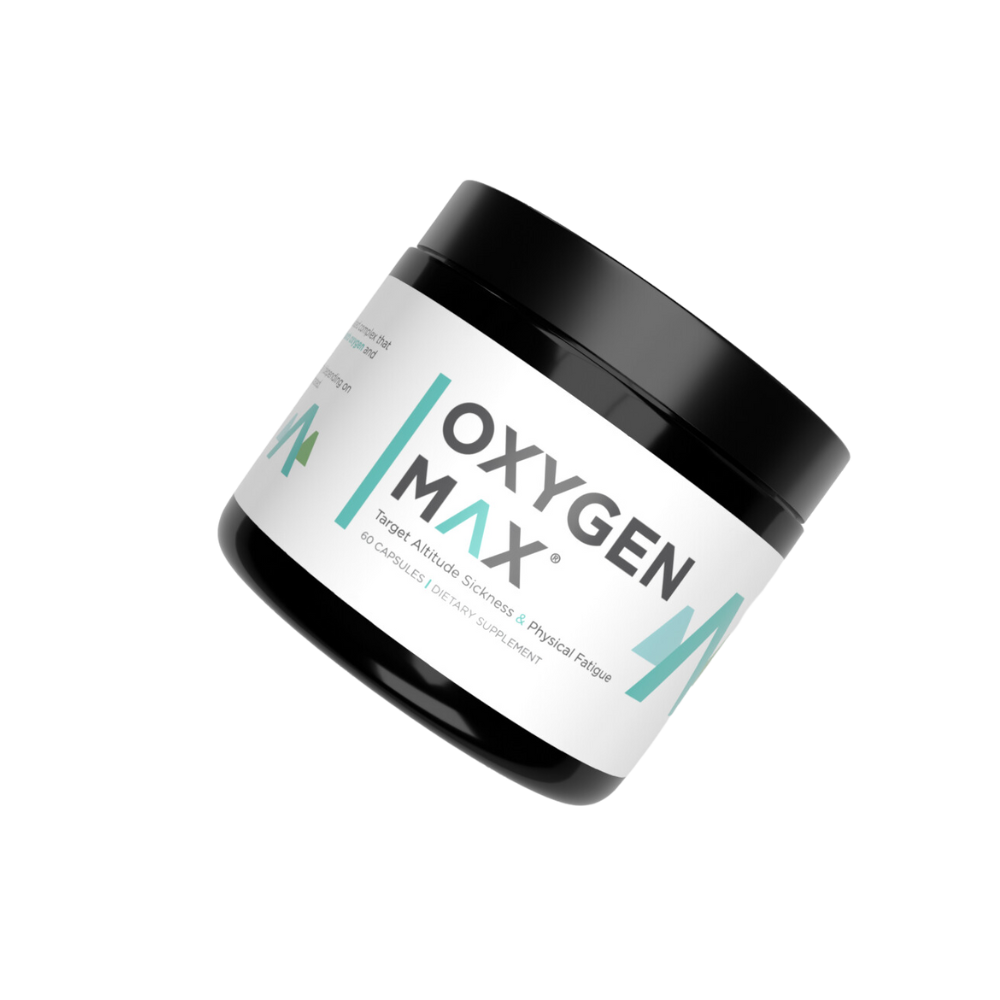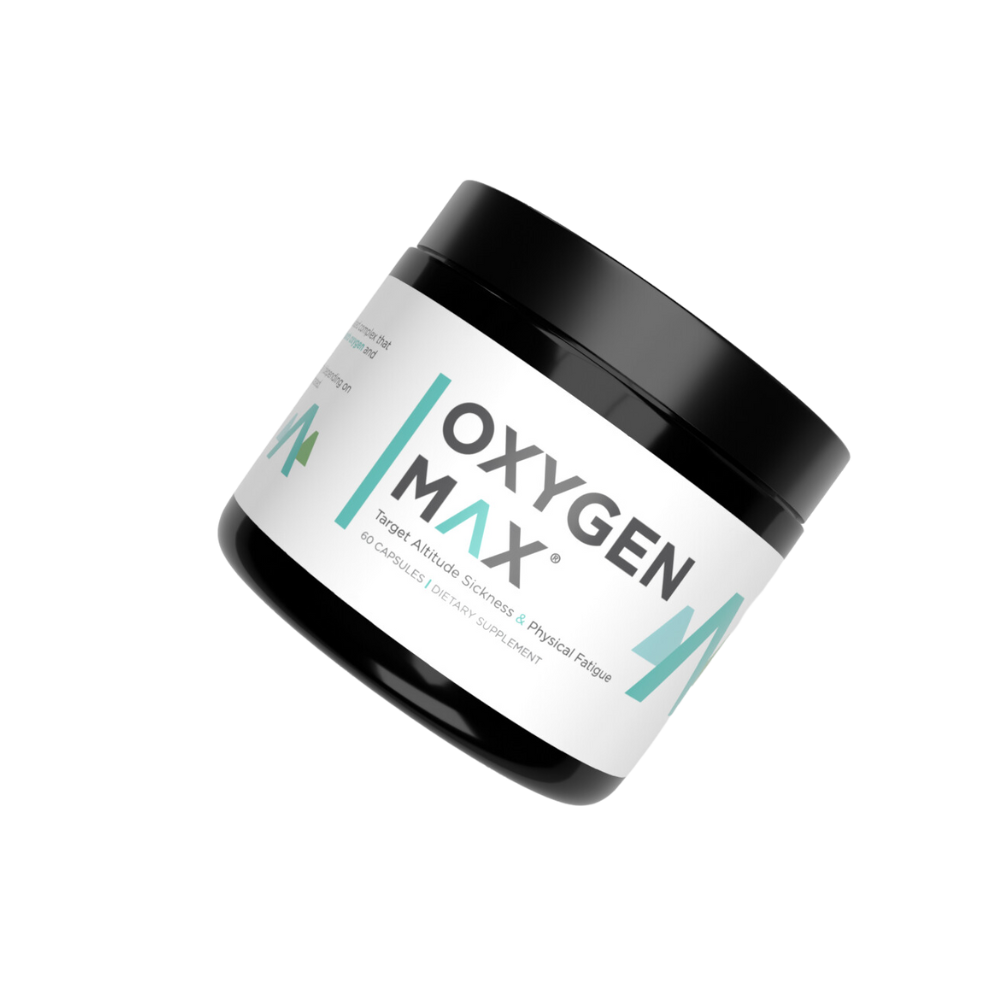Table of Contents
Are you getting ready to hike or climb a mountain at a higher elevation than you’re used to? That’s awesome, but it’s also important that you know about the risks that come with altitude sickness. Altitude Sickness can cause symptoms including dizziness, tiredness, and nausea.
To reduce the probability of altitude problems, some people take pills before they ascend to higher levels. But these medicines may have side effects that could be uncomfortable or even dangerous in certain cases – let us explore them further and find out how one can manage them while ensuring a safe hiking experience!
Understanding Altitude Sickness and High Altitude Challenges
Climbing up to high altitudes can cause altitude sickness, otherwise known as acute mountain sickness (AMS). This is due to the decrease in air pressure and oxygen levels at higher elevations. People suffering from this condition may experience a headache, nausea, vomiting, fatigue, or dizziness, as well as difficulty breathing. In more extreme cases, hallucinations and fluid buildup in the lungs or brain are possible; if left untreated, these situations could be fatal!
Is there anything you can do about it? Well, thankfully, yes – fortunately, precautions such as drinking plenty of fluids and taking time for your body to adjust before attempting vigorous exercise at elevation help reduce your chances of developing AMS.
There are also drugs that claim they can prevent or lessen its severity. Additionally, many people already feel unwell due to their symptoms, so taking additional medications could further worsen these feelings. It’s extremely important that individuals considering any pharmaceutical drugs should consult a doctor beforehand.
The Concept of Mountain Sickness Pills
Mountain sickness pills are a type of medication that can be prescribed or bought over the counter to help with the symptoms of altitude sickness. Altitude sickness happens when someone climbs too high, like going up a mountain peak. People who have it usually experience shortness of breath, dizziness, and headaches – but these medications aim to make sure those effects don’t become so severe as you climb higher.
Although these medicines come with their own set of advantages, there could be a few side effects as well, like nausea, vomiting, or diarrhea; loss of appetite and blurred vision; headache, etc., depending on which medicine you take for altitude-related issues it’s important to do the proper research beforehand so that you know exactly what risks you’re taking when using any medication meant for mountain climber syndrome – because an informed decision is always better than blindly following advice!
Acetazolamide – Details and Side Effects
Details
Taking acetazolamide can help individuals cope with altitude sickness. It’s an oral diuretic that helps manage electrolyte balance and prevents fluid retention in the body. Plus, it’s a carbonic anhydrase inhibitor which reduces the production of carbon dioxide, thus increasing oxygen levels in the bloodstream – easing high-altitude stress on your body. This medication is available as tablets; you’ll need to take either one or two per day, depending on what your doctor says about it!
Side Effects
- Taking acetazolamide comes with potential side effects such as nausea, vomiting, dizziness, headache, and decreased appetite.
- For some people, these can be quite severe, like confusion or disorientation due to changes in electrolyte levels caused by this drug.
- In rare circumstances, this medication could cause kidney damage or even death.
Never take the risk of taking any pharmaceutical drug without consulting a doctor first!
Diamox – Details and Side Effects
Details
Taking Diamox may seem like a quick and easy solution for dealing with altitude sickness, but there are some important things to consider. Diamox doesn’t cure altitude sickness. It just helps lessen the symptoms and makes it easier for your body to adjust.
Diamox, an epilepsy drug, helps reduce fluid buildup in the lungs by encouraging urine production. It should be taken before going up a mountain to avoid any symptoms, but it can also work if you are already feeling them for some relief.
Side Effects
- Tingling in hands/feet
- Increased frequency of urination.
- Odd metallic taste in their mouth
- Vision problems
- Hearing issues
Ibuprofen – Details and Side Effects
Details
Ibuprofen is a popular choice to tackle altitude sickness. This drug, which can be bought over-the-counter or prescribed by doctors, works by preventing the production of prostaglandins – chemicals that cause pain and inflammation symptoms related to high altitudes. Taking this medication as instructed has shown some success in relieving familiar complaints like headaches, dizziness, nausea, etc.
Side Effects
- Ibuprofen is known to cause stomach upset, including heartburn and indigestion.
- Other possible side effects include rashes or hives, itchy eyes, and even difficulty breathing.
- It’s important to bear in mind that if you suffer from asthma or have a history of kidney problems, then ibuprofen should only be taken after consulting with your doctor first!
- Along with potential side effects, it’s important to consider that Ibuprofen may interact negatively with medications like blood thinners or diuretics.
- So read labels carefully and talk to your doctor about any possible interactions before taking this medication for altitude sickness relief.
Apart from these risks, there’re other cons of using Ibuprofen as a remedy against altitude sickness – its limited effectiveness in treating extreme symptoms such as shortness of breath or chest tightening, which could mean serious consequences like pulmonary edema if left alone! Therefore anyone encountering those signs should immediately seek medical help instead of trusting self-treatment solely.
Dexamethasone (Decadron) – Details and Side Effects
Details
Dexamethasone (Decadron) is another medication choice for treating AMS signs and side effects. This ought to be utilized when acetazolamide fizzles because of its potential reactions, which incorporate an expanded danger of infection due to weakened safe framework capacity; in such cases, broadened utilization should be evaded however much as could reasonably be expected. Dexamethasone has been found compelling at assuaging cerebral pains among individuals who suffer from extreme types of AMS.
Side Effects
- Dexamethasone common side effects include; nausea, vomiting, upset stomach, headaches, dizziness, anxiety, and trouble falling asleep.
- It could also cause mood changes like depression or personality changes.
- Low potassium levels, high glucose, and high blood pressure can occur.
- In rare cases, inflammation, allergic reactions, rheumatoid arthritis, skin diseases, and intestinal flare-ups can occur.
Natural Alternatives to Pharmaceutical Drugs for Altitude Sickness
Sometimes when we’re planning a trip to the mountains or somewhere high up, altitude sickness can be a concern. Pharmaceutical drugs may bring some nasty side effects with them, so it’s always worth thinking about natural alternatives that could help reduce those symptoms.
Chinese medicine has been used for centuries and today remains popular as an aid against altitude-related issues.
Ginkgo biloba, Cordyceps Sinensis, Rhodiola Rosea, Garlic, Yerba mate, and many more natural alternatives have been used to climb the highest peaks.
These natural remedies may help reduce the symptoms associated with high altitudes. Natural remedies are powerful tools that may help in many ways.
- Natural alternatives may help boost the respiratory system functioning so that more oxygen reaches your lungs when at higher elevations!
- They may offer anti-inflammatory properties, which can help improve circulation.
- These alternatives may assist with supporting proper blood flow around the body, even at higher elevations where air pressures are decreased.
- Antioxidants protect cells from oxidative stress due to changes in atmosphere conditions when moving up into higher grounds.
Resources
- Centers for Disease Control and Prevention (CDC) – Altitude Sickness: Offers comprehensive guidelines and advice on managing and treating altitude sickness, including medication use. Visit Site
- WebMD – Altitude Sickness: Provides a detailed overview of altitude sickness, including causes, symptoms, treatment options, and information about medications used for prevention and treatment. Visit Site
- Mayo Clinic – Acetazolamide (Oral Route): Offers in-depth information about Acetazolamide, including its uses, side effects, and precautions. Visit Site




